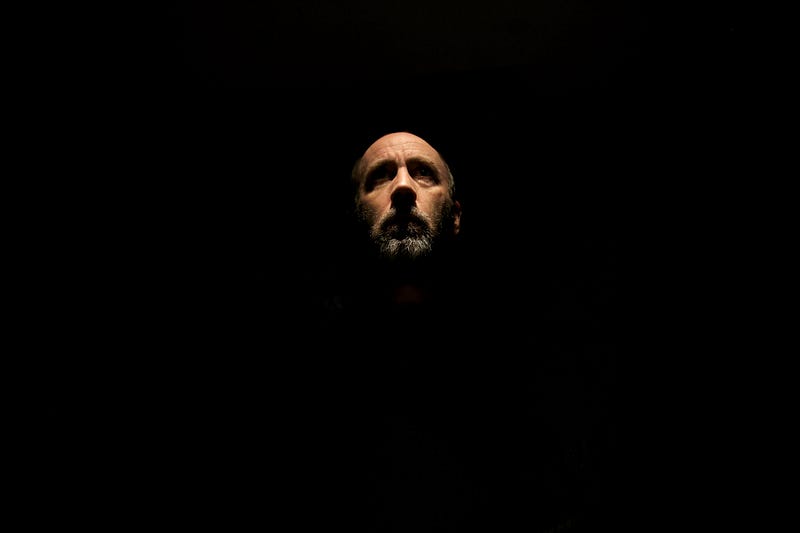The Intriguing Paradox of Life's Existence on Earth
Written on
Chapter 1: The Perfect Conditions for Life
The existence of life on Earth appears improbable, yet here we are. This leads us to ponder: how can we make sense of this paradox? Welcome to Part 38 of our exploration of Earth's history.

Life's journey on Earth seems extraordinarily suited for its existence. The planet orbits a star at an optimal distance, spins at a perfect rate, contains essential elements like carbon, and boasts liquid water. It has a mass and temperature within a suitable range, possesses a protective magnetic field, experiences seasons and tides, and has maintained stability for 4.5 billion years—all while undergoing tectonic activity.
As the renowned Terry Pratchett once observed, “Scientists have calculated that the chances of something so patently absurd actually existing are millions to one. But magicians have calculated that million-to-one shots crop up nine times out of ten.” Despite its improbability, life emerged. But why is that?
In addressing this question, those who seek evidence of a divine presence often find it, while others who discount the existence of God tend to uncover contrary evidence. The narrative of Earth's history serves as a canvas onto which we project our beliefs. The progression from atoms to humans can be interpreted as either a meaningful journey or a random occurrence.
Personally, as a Christian, I find comfort in the notion that God plays a role in this process. To me, this perspective requires less faith than the alternative view, which posits that every aspect of existence is purely coincidental, especially considering that life, oxygenic photosynthesis, and eukaryotic cells all appeared just once.
Life embodies a cascade of improbabilities.
Circular Reasoning and Fortunate Outcomes
Of course, I am also open to various scientific theories explaining how life came to be. Ultimately, truth can be found in many places. For those familiar with my writings on Earth's history, you will recognize that I do not see science and faith as opposing forces; in fact, I believe they can complement each other.
I accept the logical assertion that life can only arise on a planet that meets specific criteria. Thus, the idea that Earth is ideally suited for life is somewhat circular and a rather obvious conclusion. Furthermore, I understand that the improbability of life alone does not serve as a definitive argument for or against the existence of God.
For instance, while the odds of winning the UK lottery are 1 in 14 million, winners emerge regularly. Similarly, Earth may simply be the fortunate winner in the cosmic lottery.
The Universe's Complexity
However, this reasoning falters when addressing the even greater improbability of the universe's 'perfection.' Martin Rees, the former UK Astronomer Royal, discusses six critical parameters in his book ‘Just Six Numbers’ that are finely tuned to an extraordinary degree. A slight deviation in any of these parameters would render the universe uninhabitable.
This raises skepticism about the notion that our universe formed so perfectly on its first try by mere chance.
For those inclined to perceive a divine influence, this aligns with their beliefs. Conversely, others, including Rees, propose an alternative explanation: our universe is just one of countless others in a multiverse. By sheer coincidence, our universe is the one that allows for life.
While the multiverse theory addresses the universe's improbability, it faces criticism for being untestable and lacking scientific rigor. However, the absence of verifiability does not inherently render it incorrect. If anyone were to successfully prove the multiverse's existence, they would likely earn a Nobel Prize, much like someone who could substantiate the existence of God.
Until that time comes, we are left with our faith in various theories and beliefs, pondering the remarkable improbability of our existence.
Chapter 2: A Closer Look at Earth's History
In the first video, "The Complete History of the Earth: Everything Before the Dinosaurs SUPER CUT," we delve into the fascinating timeline leading up to the emergence of life on our planet.
The second video, "ORIGINS - How Earth's History Shaped Human History | Lewis Dartnell," explores how our planet's history has influenced the development of humanity.